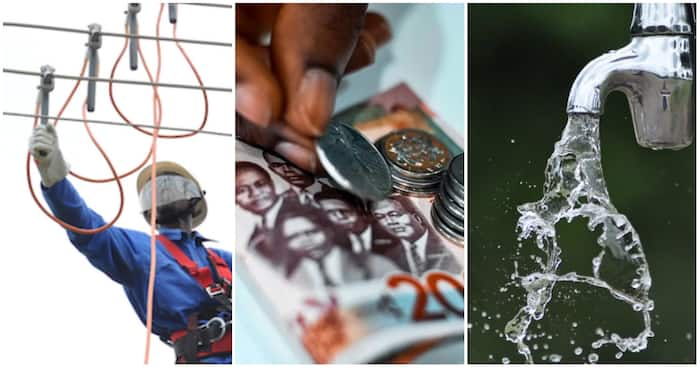The Public Utilities Regulatory Commission (PURC) has approved an upward adjustment of water tariff for the second quarter of 2023, effective June 1, 2023.
PURC explained that the decision to raise water tariffs for the second quarter of 2023 was based on several factors. It indicated that the increment has become necessary due to pervading economic situations.
“In taking this decision, the commission took cognizance of the cost of electricity, increased volume cost of chemicals for raw water treatment, the Ghana Cedi/US Dollar exchange rate and inflation.”
Public Utility Regulatory Commission
The Commission noted that it will continue to monitor the operations of the utility service providers to ensure value for money and quality service delivery. It highlighted that it “is grateful to all stakeholders for their participation and input into the tariff approval process”.
Simultaneously, PURC has also implemented an 18.36% increase in tariffs for electricity and natural gas across the board.
This decision was made with the aim of striking a balance between preventing prolonged power outages and the negative impact such outages can have on jobs and livelihoods. The regulator stated that the move is to minimize the impact of rate increases on consumers while ensuring the reliability of the power supply.
The Quarterly Tariff Review Mechanism, which is in place, serves to track and incorporate changes in key factors used to determine natural gas and electricity tariffs.
Despite the PURC blaming the depreciation of the cedi, inflation, electricity generation mix, and the weighted average cost of natural gas as the factors that influenced the latest increment, institutions such as CUTS International has expressed its disappointment in the decision by the Commission, stating that it is ill-timed.
Additionally, it contended that the metrics used by the Commission did not factor in other key variables it could have used to avert an increase in tariff. To this end, CUTS International stated that the fact that inflation has dropped over the last three months, coupled with the health of the cedi which has also begun to appreciate in value likewise the success of the IMF deal, should have been enough to avoid an upward review in tariff.
Furthermore, it stated that the impact of the consistent increment in utility tariff on businesses could derail the businesses of most people in the country as more than thirty businesses have left Ghana to other countries, largely Cote D’Ivoire.
PURC justifies increment of tariffs
Meanwhile, Director of Research and Cooperate Affairs at PURC, Dr. Eric Obutey has revealed that the Commission was forced to increase the electricity tariff.
Justifying his stance, he explained that the country did only 75 percent of the exchange rate, which meant there was a 25 percent under-recovery that the Commission needed to recover.
“So, if you add all this to it, the projected exchange rate that we use currently which is 12.70, all these factors combined led to an adjustment of the tariff and upward review.”
Meanwhile, a Member of the Energy and Mines Committee of Parliament, Dr. Rashid Pelpuo has blamed the government for the incessant electricity tariff increment.
According to Dr. Pelpuo, the government’s inability to effectively manage the country’s economy has compelled PURC to continuously increase utility tariffs.
“You cannot blame the people who do the increases because they want to make sure they continue to produce, that is why, I don’t want to blame the PURC but the inability of the government to maintain a good economic leverage that will give the Ghanaian the capability of paying off without these troubles we are going through.”
READ ALSO: We Consider The Action By PURC In Increasing Tariff Ill-timed- CUTS International



















